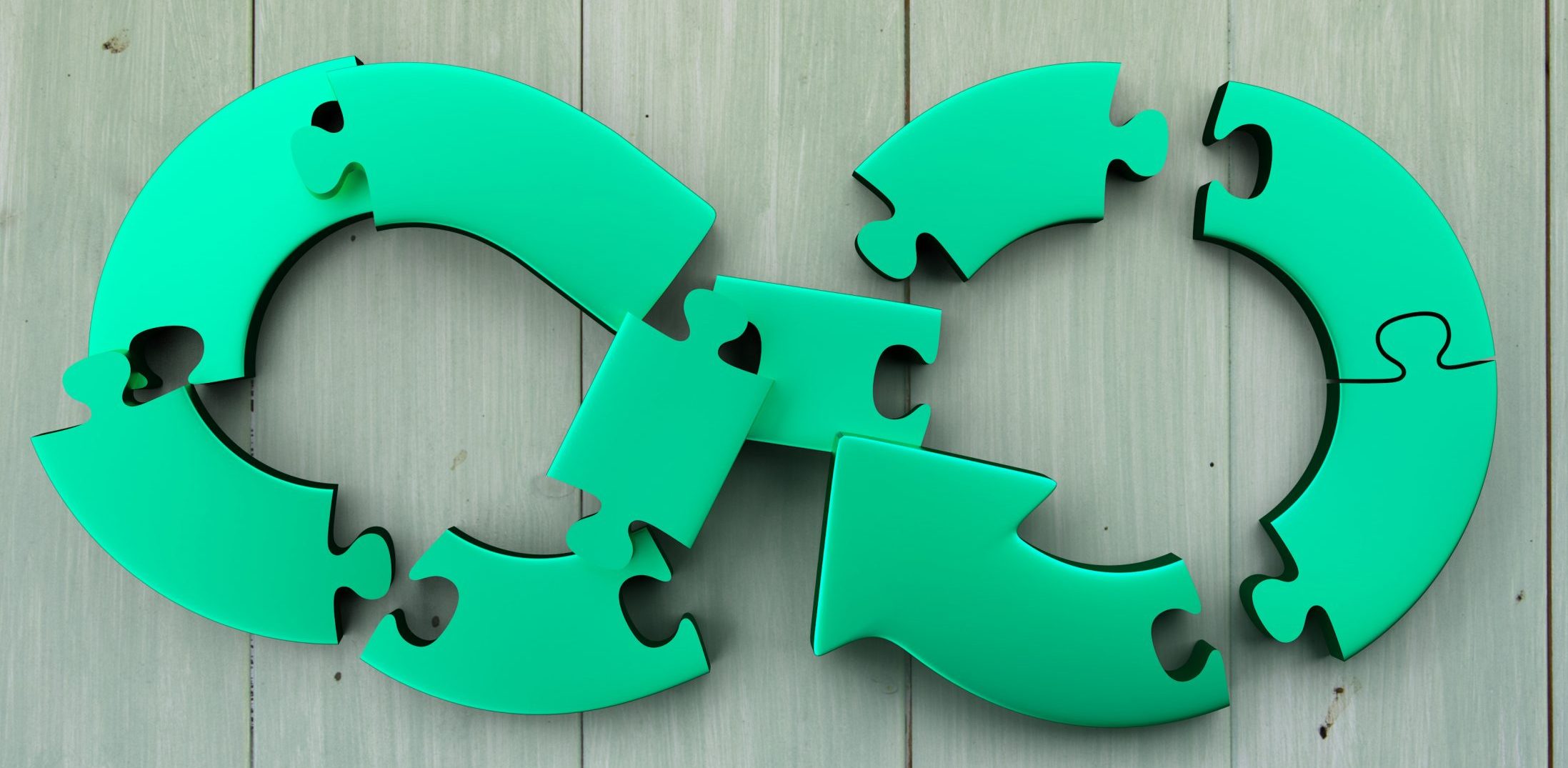
UBC, under the coordination of the Materials and Manufacturing Research Institute (MMRI) and with support from the National Research Council of Canada- Industrial Research Assistance Program (NRC-IRAP), is excited to announce a new round of its Circular Economy Seed Funding program. The program aims to provide financial support to academic labs to assist small and medium-sized enterprises (SMEs) in addressing circular economy strategy challenges, including design out waste and pollution, products and materials sustainability, and/or regeneration of natural systems.
Preference is given to bioproducts and agri-food projects.
Academic researchers and SMEs across Canada are eligible to participate in the program. The outcomes of these projects are expected to facilitate long-term collaborations between academic and industry partners to promote the development of the circular economy in Canada.
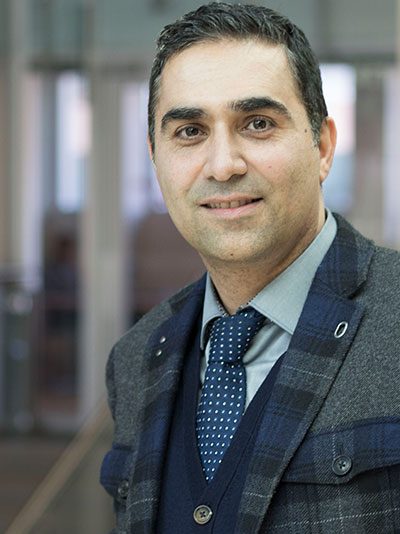

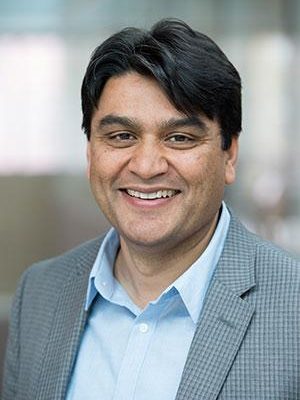
Professor, School of Engineering, Okanagan Campus
Director, MMRI
Professor, Mechanical Engineering, Point Grey Campus
Dean, Faculty of Applied Science
Professor, School of Engineering, Okanagan Campus
Provost and Vice-President, Academic


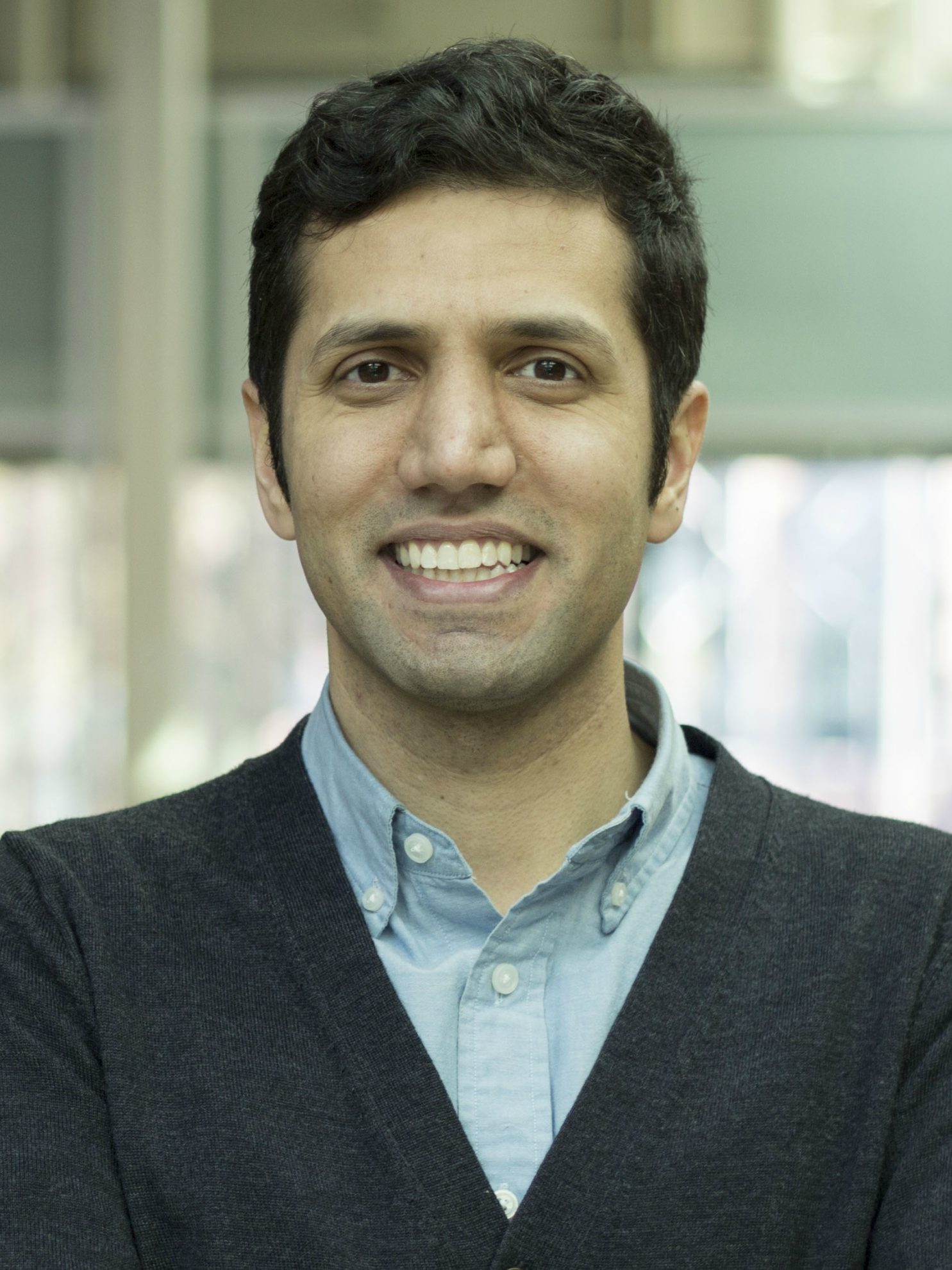
Director, Tri-University Partnership, UBCO VPR Office
Director, Industry Partnerships
Bioproducts Institute
Research Engineer
MMRI
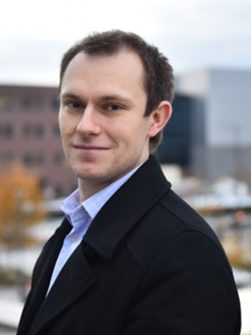
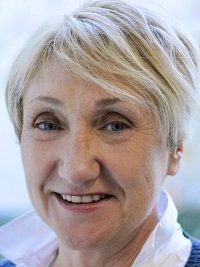

Research Engineer
MMRI
Assistant Professor, Urban Mining Engineering, Point Grey Campus
Associate Professor, Chemical and Biological Engineering, Point Grey Campus
The emerging circular economy around the globe is deemed to provide some answers to the great challenges facing humanity: world population is on pace to reach 9.4 billion by 2050; middle class population is expected to hit 4.9 billion by 2030; energy use and greenhouse gas emissions will rise by about 50%, and demand for water will be 40% higher than supply in the next 20 years. Moreover, the amount of raw materials, extracted by humans from the Earth, has tripled in the last four decades alone; a growth which is not sustainable. All these alarming challenges call for an economy that meets the needs of the people with less impact on the environment and more efficient use of natural resources. Transitioning from the current dominant linear economy (take-make-consume-discard) to the circular economy—which emphasizes the importance of turning end-of-life goods into resources or extending the service life of products through repair and refurbish—is becoming the necessity of our future.
Examples of services to SMEs in the realm of the circular economy. Given the diverse expertise and research facilities across UBC, the potential areas of support to SMEs through the current seed funding program are plentiful. A few example topics are listed here: How companies can close the loop with their products to reduce the waste they are sending to landfill? What circular business models is more suited to a given company? How reverse logistics can help companies transition to a circular enterprise? How companies can impact the consumption culture in support of the circular economy? How companies can keep products and materials in use for as long as possible to get the maximum value from them? How asset sharing can help regional companies to become more circular? How the products design can be modified to ensure less waste and more repairability/recyclability? How the needs of the companies to raw materials can be fulfilled through sustainable ways? How companies can benefit 3D printing technologies to streamline their prototyping process and reduce waste materials to make finished parts? How smart manufacturing and sensor integration in the production line can help the company improve its efficiency? How product quality and requirements can be fulfilled when fossil-based raw materials are replaced with sustainable and recycled materials?
Further information about the circular economy approaches can be found in the example links below:
• Re-thinking Progress: The Circular Economy (Video)
• The Circular Economy: New Relationship with Our Goods and Materials
• A Circular Economy for Plastics in Canada
• Circular Economy: The New Normal?
• Getting to a Circular Economy: A Primer for Canadian Policymakers
Characterization of biocomposite panels
Calmura Wall-CE, British Columbia
Dr. Sumi Siddiqua, UBC Okanagan
Fabrication of 3D printed hemp/polymer composites with enhanced mechanical properties
KF Hemp, Alberta
Dr. Mohammad Arjmand, UBC Okanagan
Wastewater treatment on effluent produced from hydrothermal liquefaction process using agro-food waste
NULIFE Greentech Inc, Saskatchewan
Dr. Venkatesh Meda, University of Saskatchewan
Testing the anti-bacterial efficiency of developed enzyme-based hand sanitizer
Probiosphere, Quebec
Dr. Satinder Kaur Brar, York University
Comparison of mechanical and solvent-based recycling methods for the establishment of an efficient polystyrene circular economy
Polystyvert, Quebec
Dr. Patrick C. Lee, University of Toronto
Novel processing of agri-food (grains) by GentleProcessing Technologies and its applications in utilizing agri-food waste and improved food safety benefits
Quantum Mechanical Technology Inc, Saskatchewan
Dr. Venkatesh Meda, University of Saskatchewan
Biodegradability assessment of prototype moulded pulp takeout food containers
Red Leaf Pulp, British Columbia
Dr. Chunping Dai, UBC Vancouver
Activation of Vitamin B12 in Seaweed to promote circular & sustainable food cycle
Canadian Pacifico Seaweeds, British Columbia
Dr. Anubhav Pratap-Singh, UBC Vancouver
Development and lifecycle assessment of the electrified plastic waste recycling technology
GreeNovel, Quebec
Dr. Yaser Khojasteh, Concordia University
Development of recyclable metal-infused feedstock for 3D printing in the context of circular manufacturing
VPM Research Inc, Ontario
Dr. Lucas Hof, ÉTS Montréal
Development of bio-Carbon from lumber industry waste by-products
Our Blue Planet, British Columbia
Dr. Lukas Bichler, UBC Okanagan
Application Process
Faculty members and SMEs across Canada are invited to apply to this program. The application form can be found here. If the SME does not have an academic partner, they can reach out to the program coordinator to get matched to a researcher based on the expertise needed and the respective SME's location. The proposals will be reviewed normally within a week of submission by IRAP and MMRI. Further information about the program has been provided below.
• Deadline: ongoing; due to limited funding, early submission is highly encouraged.
• Faculty members can apply to multiple projects, but each SME is limited to one project.
• Each project is eligible to receive maximum $15,000. This fund is used to cover the cost of technical support (salary of research assistants in academic labs) as well as project management and reporting activities. Both MMRI research staff and IRAP Industrial Technology Advisors (ITAs) will assist clients through different stages of the project to ensure its maximum success and possible continuation via other external funds beyond this program.
• The SME must have an IRAP Industrial Technology Advisor (ITA) to participate in the program. More information about IRAP advisory services can be found here.
• If the SME has previously participated in a UBC-IRAP Circular Economy Seed Funding, they might be required to match the contribution of this program, following the review of the proposal by IRAP.
• Projects would normally take 2-6 months and must be completed no later than March 15, 2025.
• The application form can be accessed here. Please email the completed form to mahdi.takaffoli@ubc.ca.
• If needed, the SME will be matched with an academic lab in Canada that has the right expertise to address company's technical needs.
Please direct any inquiries to:
Mahdi Takaffoli, MMRI Research Engineer
mahdi.takaffoli@ubc.ca
Phone: (236) 777-6643
Initiative supported in part by the National Research Council of Canada Industrial Research Assistance Program (NRC IRAP):

